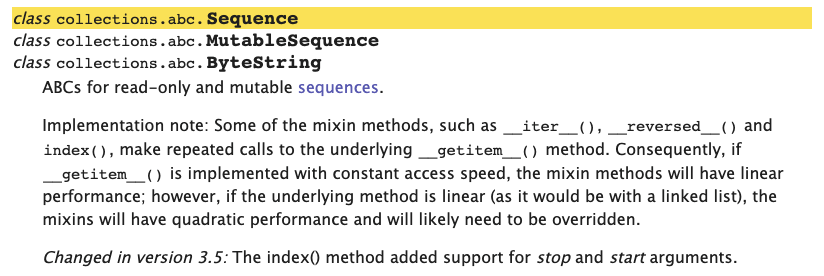How to get a client IP address? Nginx - Docker - Gunicorn - Django
Story
A week ago, I built a simple API server. I need to enable HTTPS access and I don’t know how to do it. So, I got help for setting up the Nginx server from my colleague. That’s fine but an issue came out. I want to get a client IP address because I need to prepare an attack situation. To cope with the attack situation, I created a log file but all client IP addresses were the same. It seemed like a gateway IP address from a Docker container. To debug the issue, we used tcpdump and we found out what was going wrong. In this post, I will introduce how to figure out a client IP address.
Environment
- Ubuntu 16.04
- Docker 18.09.7, build 2d0083d
- Gunicorn 20.0.4
- Nginx 1.10.3
- Django >= 2.2.4
As a precaution, we need to take consider when bunch of requests are comming. We decided to deploy using a docker and gunicorn to scale easily. Our big picture is Nginx - Docker - Gunicorn - Django flow. Since there might be a little chance , we deploy it by using docker. Our big picture is Nginx - Docker - Gunicorn - Django flow.
How to?
At first, we have to change the Nginx configuration.
# ... keep above settings
# Nginx
http{
location{
proxy_redirect off;
proxy_set_header REMOTE_ADDR $remote_addr;
proxy_set_header X-Forwarded-For $proxy_add_x_forwarded_for;
}
}
# ... keep below settings
We need to install a middleware and it’s here.
# settings.py
MIDDLEWARE = [
'xff.middleware.XForwardedForMiddleware',
]
Finally, I find the client IP address.
def get_client_ip(request):
x_forwarded_for = request.META.get('HTTP_REMOTE_ADDR')
if x_forwarded_for:
ip = x_forwarded_for.split(',')[0]
else:
ip = request.META.get('REMOTE_ADDR')
return ip
That’s all. I hope you can solve you problem. Thank you.





Leave a comment